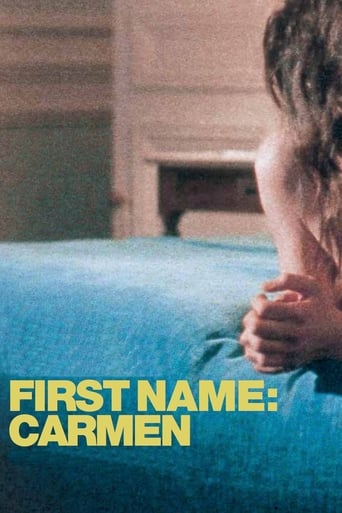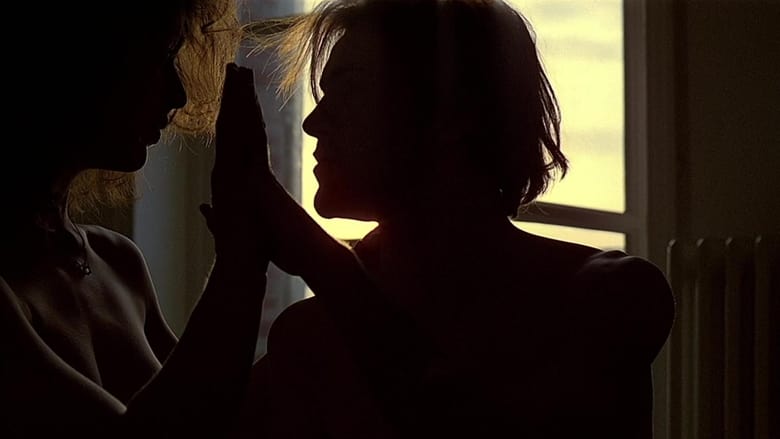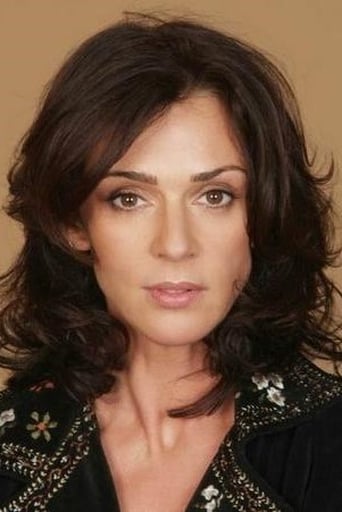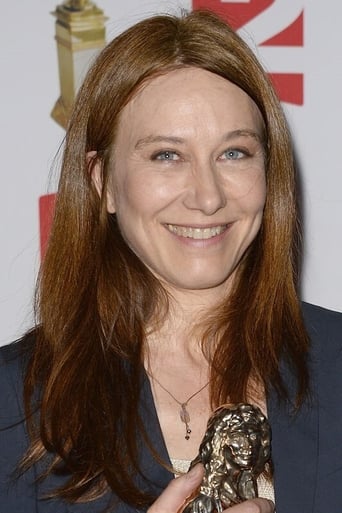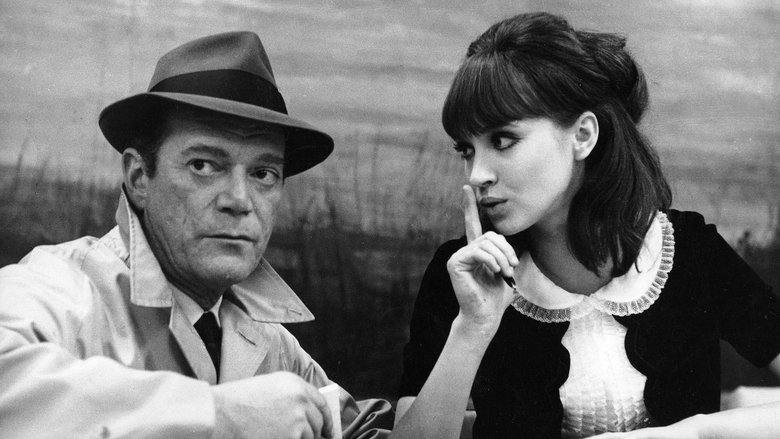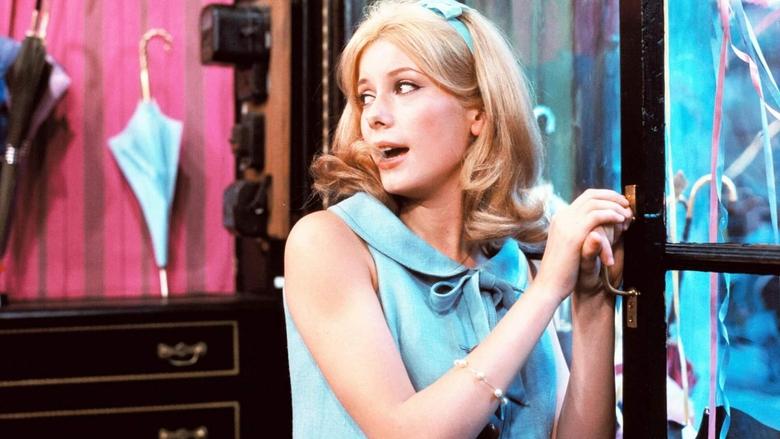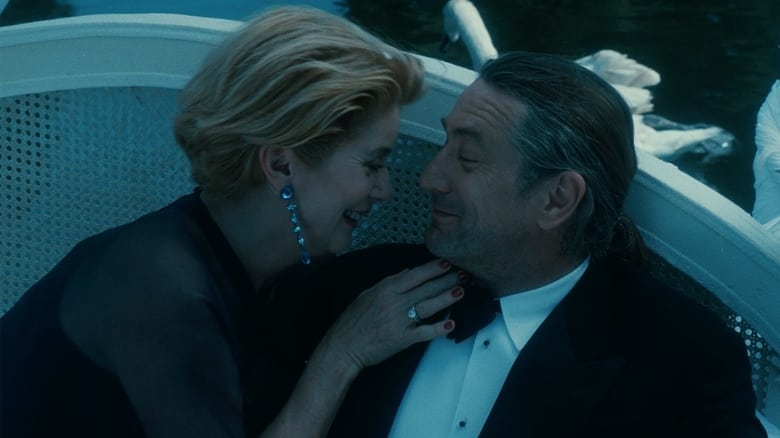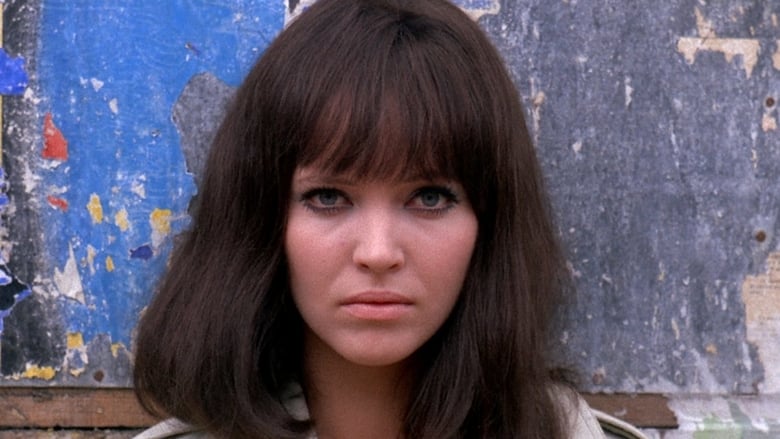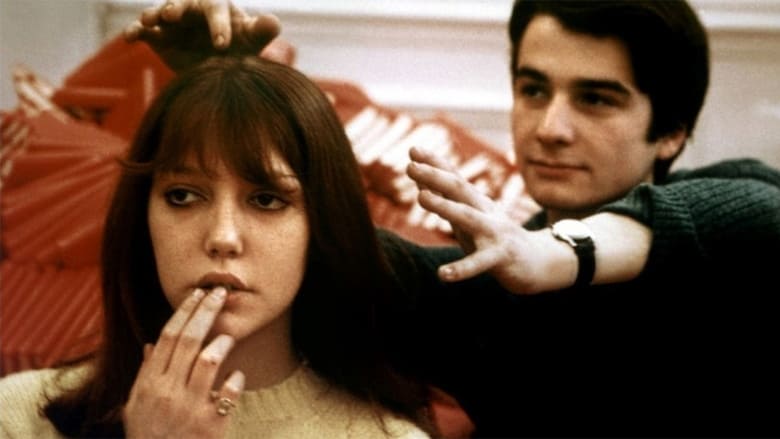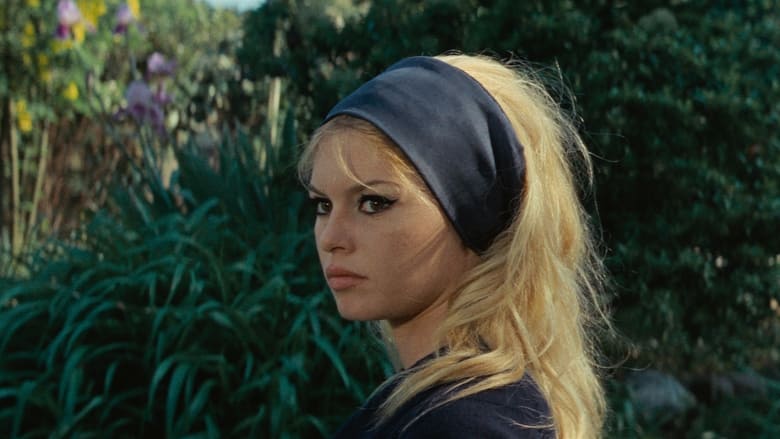The protagonist is Carmen X, a sexy female member of a terrorist gang. She asks her uncle Jean, a washed-up film director if she can borrow his beachside house to make a film with some friends, but they are in fact planning to rob a bank. During the robbery she falls in love with a security guard. The film intercuts between Carmen's escape with the guard, her uncle's attempt to make a comeback film, and a string quartet attempting to perform Beethoven.


Similar titles
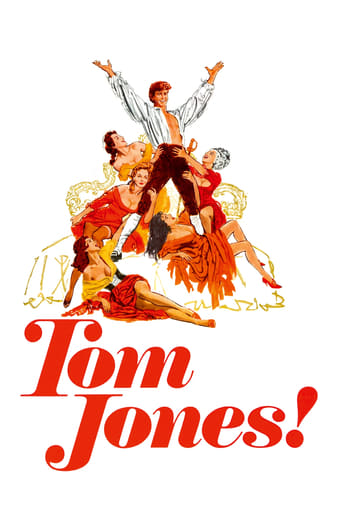
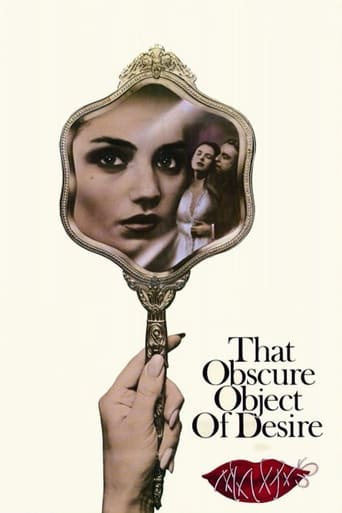




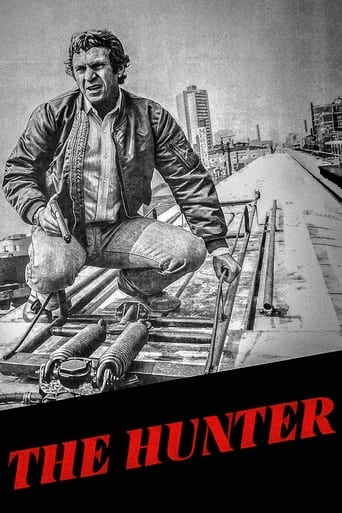
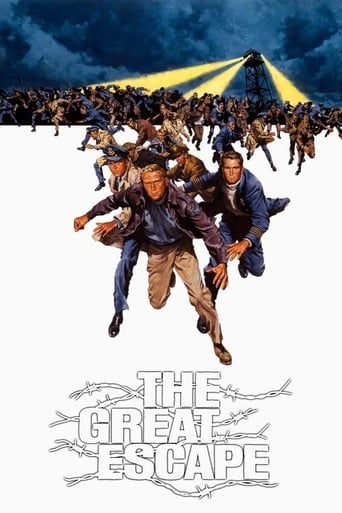
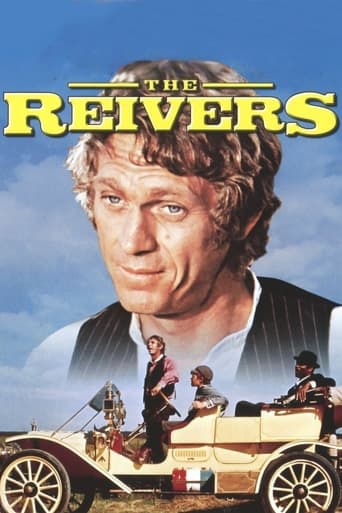

Reviews
"The human being under the skin is, for all lovers, a horror and unthinkable, a blasphemy against love." - Nietzsche Jean-Luc Godard's "First Name: Carmen" opens with lines of cars and trains travelling in opposite directions. We then cut to roiling waves. "It's in me, in you, like terrible waves," someone says, later identified as Claire (Myriem Roussel), one of a string quartet busy rehearsing Beethoven. We then cut to a mental hospital. Here rests Godard, who plays himself within the film. Broke and so feigning illness for board and bed, he sits before a typewriter. The lights dim.What follows is a fantasy spun by the now sleeping Godard. Here he imagines the movie he'd have made with his niece, a girl whom he "always adored" and whom he "always wanted to make a film with". His niece's name is Carmen (Maruschka Detmers), and so he casts her in a stylised version of Georges Bizet's "Carmen", a nineteenth-century opera. "Should I ask why you're here?" Carmen asks, when she's conjured before Godard. "Sure," he self-reflexively replies, "it'll provide some dialogue." Within this film within a film, Carmen plays a criminal who robs banks, falls in love with a soldier (Joseph) and stages a movie production as cover for yet another heist. Significantly, she films this fake movie with "Godard's new camera" which we learn "makes music". "Name's" aesthetic itself attempts to mimic the ebbs, flows and logic of Opera, dance and classical music. Carmen's tale is also framed by Claire's music recitals, with the moods and rhythms of the former influencing the latter, and vice versa. "Be mysterious!", "Develop tragedy!", "Improvise!" Claire's associates say, orders which Carmen herself obeys.Still, the film's central character remains the oft off-screen Godard. Throughout the film, Carmen becomes emblematic of a fantasy image which he repeatedly creates and yearns for. She's "the first name": the fantasy that exists before actual identity. As men approach, Carmen recedes, as they move close, she disappears, a push-pull dynamic encapsulated by Godard's cutaways to turbulent ocean waves. These waves appear throughout the film, crashing and churning like we imagine the on-screen Godard tosses and turns in his own bed.Significantly, it is the clichés and conventions of cinema which prevent Carmen and Joseph being together. The closer he gets, the quicker she runs off on some ridiculous adventure. She remains in the realm of cinema, desire, love and longing, he in the realm of flesh and disappointment. Throughout the film, suffering and joy ritualistically dance, but power itself is continuously constructed and deconstructed; Carmen's never just a fetish object upon which Joseph, or the spectator, exerts power. In her own way, she asserts her own control, her own tidal forces.Unable to possess her, Joseph finally explodes into rage. He masturbates frantically over her image and then pathetically collapses. Desires cannot be satiated, only transferred. Epitomizing this is the film's obsession with "holes", an allusion to a very male drive to meet and go beyond desire; to transcend Lack, eradicate desire and penetrate into a "beyond". "Now I know why jail is called a hole," the soldier says, alluding to female orifices (vagina, anus etc), but also the trap of all yearning. The film itself begins with Godard wishing to "put his finger in a nurse's anus for 33 seconds" and ends with a "hole in Godard's jacket being sewn" by the very same nurse. "That's a long 33 seconds," he then quips, referring to the film he's trapped in, a feature length orgasm in which longings are patched up and desires temporarily postponed.For Godard, cinema, directors and men in general, are hopelessly fetishistic, always aroused by the mysteries of the female body. Their gaze is itself helplessly dependent, masochistic, misogynistic, exploitative, unashamedly masculine but ultimately impotent. There is nothing except desire for desire.But if Carmen exists in a world defined by men, trapped in a game of repetition and return, Claire exists in another realm. Spiritual, contemplative and sombre, she's detached from the carnal world of Carmen. We also learn that she too was once in love with Joseph, a man who eventually abandoned her. If Carmen's tale presents the male ego's experience of love, loss and impossibility, Claire represents the female flip-side. She's the victim of Godard's camera, conjured up and then discarded, left to contemplate the cruel eyes which regard her as inadequate."Carmen" is almost impenetrably symbolic. Trains and ships travel in opposite directions, signalling the widening gaps between our characters, and only when traffic streams merge do our guys and girls come together. Elsewhere Joseph caresses a TV, hoping to penetrate its screen and get at the fantasies within. This recalls what Rene Girard termed "memetic desire"; far from being autonomous, human desires are borrowed from other people and places. The film's aesthetic also alludes to Godard's previous films, alternating between pulpy crime clichés and political tracts. Other sequences feature Godard in a little symbolic tale. Here he's a failed director who has "lost everyone's money" and who now serves as a doormat for hip upstarts who use him to steal cash from unsuspecting audiences (with crime film clichés, no less). This refers to both Godard's return to feature film-making, and his refusal to bow to public and financial pressures."Carmen" was the second film in Godard's "body quartet" ("Slow Motion", "Passion", "Carmen", "Hail Mary", the latter also with a Joseph). It ends with the words "sunrise"; morning comes and the cranky dreamer awakes.7/10 – Multiple viewings required. See Antonioni's "Beyond The Clouds" for this material done better.
I just watched again Prenom Carmen after many years, and now as the first time I watched it 30 years ago, I don't know what I have watched. The director knew he was considered a great of its kind, and may be he wanted to cross over in the excess to provoke the audience. With this film, Godard seems, for some reason angry with self-righteous and critical of his work, he wanted to make fun of everybody deliberately turning an incoherent and ugly film. There seems to be successful, in fact he has divided the audience among those who, regardless, have a positive opinion on this film still calling him a genius, and others who consider a waste of time to have watched this movie. Or, we are simply light years away from understanding Godard. (sorry for my English).
As happens more with Godard, it's not easy to lay a finger on 'Prenom: Carmen' (= French for 'First name: Carmen'). Although the film appears to be chaotic, it somehow is kept together by a number of invisible strings.Anyway, the very pleasant & often repeated bottom lines are made by a classical chamber orchestra, as well as by shots of sea-waves breaking themselves on the coast.In between the meager plot develops in a sequence of varying scenes, even including a touch of slapstick. However, in the end one cannot escape the conclusion that 'Prenom: Carmen' needs to be supported by Maruschka Detmer's frequent nudity to leave a more lasting impression.
Cutting to the chase I can't imagine many viewers actually enjoying "First Name: Carmen". It is an ugly film with uninteresting sets, muddy documentary-style color, and silly to boring acting. Maruschka Detmers is on screen most of the time, often involved in the most non-erotic erotic scenes this side of "Bloody Mama"- shave those eyebrows baby!I kept feeling that I had seen this film somewhere before and finally I realized that I had it confused with another film. But this confusion illustrated how the extremes of the "film style continuum" actually meet and form a circle. And to my surprise Godard's new-wave creation closes this circle by linking up with the movie I kept being reminded of: Hillary Duff's "A Cinderella Story"; although they come at their more moronic qualities from opposite directions. Godard manages to purge Bizet's "Carmen" of all its beauty, energy, and suspense. Duff's adaptation of "Cinderella" succeeds in purging all the beauty, charm, and suspense from the classic "Cinderella". Both films star equally tired and vaguely repellent actresses, the slug-like Duff and the "I have hair in more places than Josh Harnett" Maruschka Detmers.They have virtually identical plots: Carmen wants to make a film-Sam (Duff) wants to attend Princeton, but neither has the money. Carmen attempts a bank robbery but is foiled by a guard-Sam applies for a Princeton scholarship but is foiled by her wicked stepmother (played by Stiffler's mom). Carmen meets Joseph during the robbery and they flee to her uncle's apartment barely avoiding capture-Sam connects with her anonymous cyber soul mate at the Halloween dance and flees to her fry-cook job just in time to avoid being caught. Carmen goes to a luxury hotel where they stage a film as a pretext for kidnapping a guest-Sam goes to a pep rally where the cheerleaders stage a play as a pretext for disclosing her identity and breaking up her budding romance. Carmen's kidnapping caper is foiled by the police-Sam's evil stepmother's inheritance scheme is foiled by the discovery of a secret will. Carmen goes out mumbling some expressionistic stuff to the bellboy-Sam's new boyfriend chooses Princeton over USC.Godard became famous by ignoring the established conventions of narrative, communicating visually in an ugly documentary style, and spending very little money during the production phase of his projects. The problem with his approach is that very few real and potential viewers can even hope to connect enough for these personal political essays to communicate anything. Duff's film's are too shallow to communicate anything substantial but they do connect to their audience of pre-teen viewers. As for "Carmen", run out and find me a pre-teen to explain the film to me, I can't make head or tail out of it.
